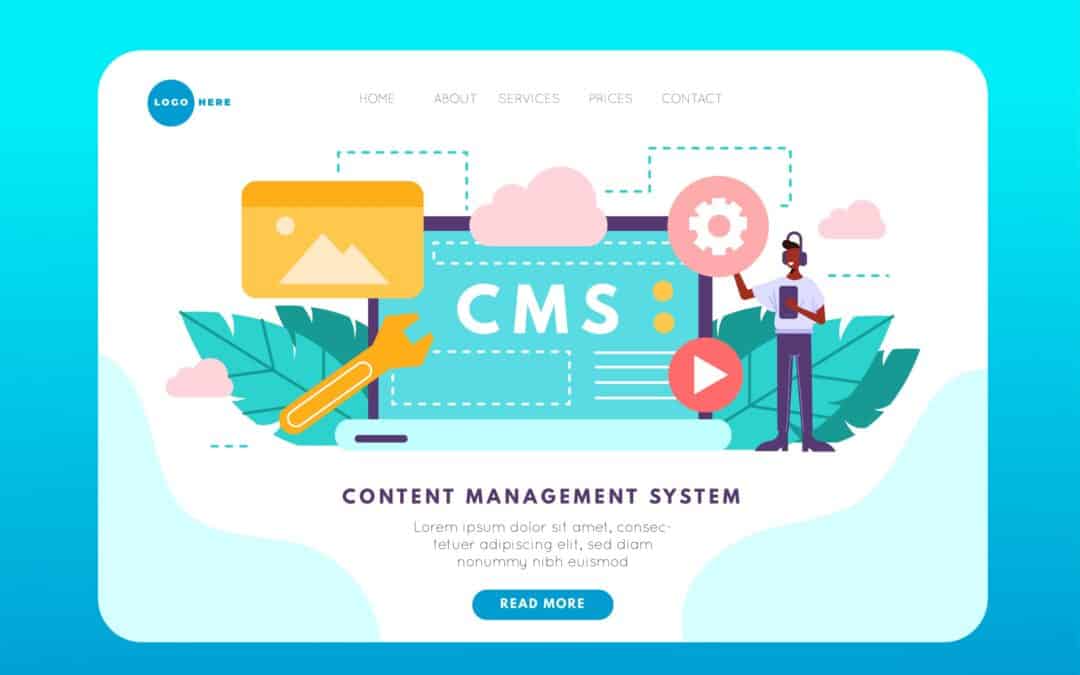When deciding how to hire a developer for your project, one of the most important considerations is whether to hire a full-time or part-time developer. Both options come with their own set of benefits and challenges, and the right choice depends on your project’s scope, timeline, and your long-term business needs.
In this blog, we’ll break down the differences between full-time and part-time developers, including the pros and cons of each, to help you determine which option is best for your project.
What’s the Difference Between Full-Time and Part-Time Developers?
- Full-Time Developers: Full-time developers work for your company on a dedicated basis, usually for 40 hours a week. They are fully integrated into your team, work on your project exclusively, and are typically entitled to benefits, such as paid time off and health insurance.
- Part-Time Developers: Part-time developers work fewer hours than full-time employees, typically between 10 to 30 hours a week. They may work for multiple clients at once and are typically not entitled to the same benefits as full-time employees.
Factors to Consider When Deciding Between Freelance vs. In-House Developers
Several factors will influence whether hiring a freelance or in-house developer is the best choice for your project. Let’s break down these factors.
1. Project Scope and Timeline
Full-Time Developers: If your project is large, complex, or has a tight deadline, hiring a full-time developer may be necessary. Full-time developers are available throughout the week and can focus all their attention on your project, which leads to quicker development times.
-
- Ideal for: Long-term projects, complex development tasks, or projects with urgent deadlines.
Part-Time Developers: If your project is smaller or has flexible deadlines, a part-time developer may be sufficient. Part-time developers can be a good choice if the work doesn’t require a full-time commitment but still needs regular progress.
-
- Ideal for: Smaller projects, less urgent timelines, or projects where you need help but not full-time dedication.
2. Budget
Full-Time Developers: Full-time developers are generally more expensive because you’re committing to a long-term salary. They’re also entitled to benefits such as health insurance, paid time off, and retirement plans. Full-time employees often require additional resources, like office space, equipment, and software licenses, which can increase costs.
-
- Ideal for: Companies with the budget for a full-time team member, long-term development needs, or large projects.
Part-Time Developers: Part-time developers are more cost-effective since they work fewer hours. You can scale your project according to your budget, paying for the hours you need. This is a great option if you want to keep costs down while still making progress on your project.
-
- Ideal for: Smaller budgets, startups, or projects with less funding.
3. Control and Commitment
Full-Time Developers: Full-time developers are fully dedicated to your project. They are more likely to become familiar with the ins and outs of your company, products, and long-term goals. They can attend team meetings, brainstorm ideas, and provide continuous feedback, ensuring that the development process aligns with your overall business objectives.
-
- Ideal for: Projects that require deep integration with your team, continuous updates, or long-term commitment.
Part-Time Developers: Part-time developers are typically not as integrated into your team. They may have limited availability and might work on multiple projects simultaneously. This can make it harder to maintain consistent communication and alignment with your company’s long-term vision.
-
- Ideal for: Projects that need flexibility or independent work without requiring full team integration.
4. Skill Set and Expertise
Full-Time Developers: Full-time developers are likely to have a broad skill set and a deep understanding of your product and company. Over time, they can adapt to your evolving needs and take ownership of the product, ensuring consistency and quality in the work.
-
- Ideal for: Projects that require a wide range of skills, ongoing development, or specialized knowledge over time.
Part-Time Developers: Part-time developers may specialize in specific tasks or technologies. While they may have a focused skill set, they may not be able to contribute to every aspect of the project or provide long-term support. You may need to hire multiple part-time developers for different aspects of the project.
-
- Ideal for: Specific tasks, expertise in certain technologies, or projects with distinct needs.
5. Flexibility and Scalability
Full-Time Developers: Full-time developers are less flexible when it comes to adjusting the scope of work or project requirements. They are generally committed to your project for a longer duration, and scaling up or down might involve a hiring process, which can be time-consuming and costly.
-
- Ideal for: Predictable, long-term project needs or when you need a stable, ongoing workforce.
Part-Time Developers: Part-time developers offer more flexibility. You can hire them based on your project needs and scale their hours up or down depending on the workload. This makes them ideal for businesses with fluctuating needs or those that need to keep staffing flexible.
-
- Ideal for: Projects with fluctuating workloads or when flexibility is essential to meet changing business demands.
6. Collaboration and Team Integration
Full-Time Developers: Full-time developers are a natural part of the team. They collaborate more easily with other employees, attend regular meetings, and contribute to brainstorming and problem-solving sessions. Their deep integration with the team leads to smoother communication and better alignment with business objectives.
-
- Ideal for: Team-based projects, cross-functional collaboration, or when continuous input and feedback are required.
Part-Time Developers: Part-time developers often work remotely or on their own schedule. This can make it more difficult to integrate them into your team’s daily workflow. If collaboration is a significant part of your project, having a part-time developer may lead to challenges in communication and consistency.
-
- Ideal for: Independent work, limited need for ongoing collaboration, or smaller teams.
Which is Right for You?
The decision to hire a full-time or part-time developer depends largely on your project needs, budget, and timeline:
- Full-Time Developers are the best choice for large, ongoing projects that require deep integration into your company and product. If you need someone who will fully commit to your vision, attend team meetings, and collaborate regularly, a full-time developer is likely the better choice.
- Part-Time Developers are ideal if you have a smaller project, a limited budget, or need specific expertise for a shorter period. If you don’t need full-time commitment but still want consistent progress, part-time developers can be a flexible and cost-effective solution.
Conclusion
When considering how to hire a developer, think about the scope of your project, your budget, and how much collaboration your project requires. A full-time developer is ideal for long-term, integrated projects, while a part-time developer can be perfect for smaller, more specialized tasks. Both options come with their own advantages, so assess your needs carefully to determine which approach will work best for your business.
Read more:
- Software Development Lifecycle Phases
- Best ios and android app development platforms
- Difference Between UI/UX and web development
- Best Programming Language to Learn for Web Application Development
- How Visual Studio Code Has Improved Developer Experience
- Staff Augmentation vs. Outsourcing: Which One is Right for Your Business in the USA?





